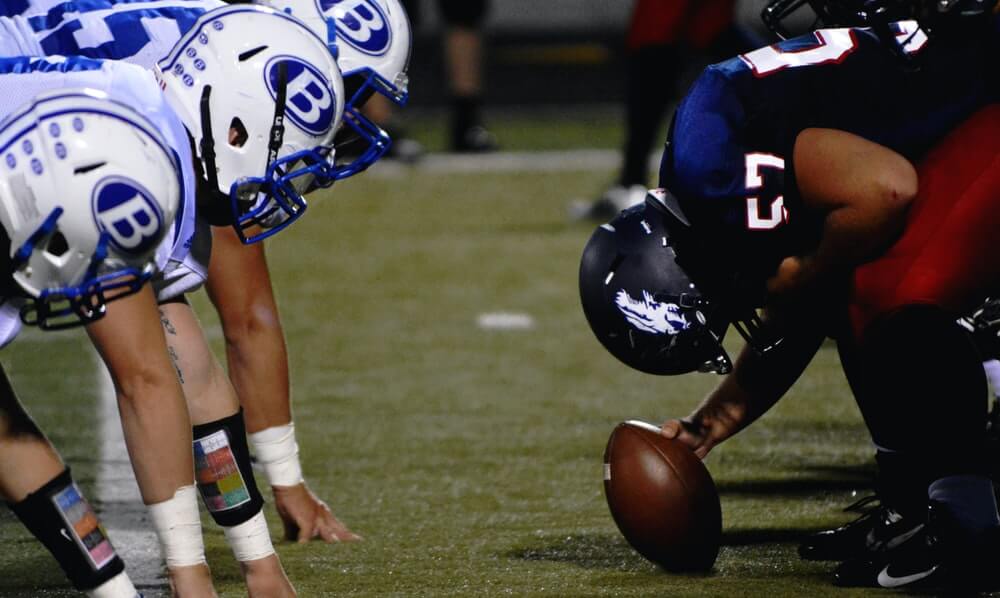Non-academic activities are beneficial, but like education, they demand time from students. Some engage in non-academics for leisure, but others see them as essential for their future, specifically athletes. Education should always be the priority in college; however, non-academics tend to look good on your resume alongside other benefits. So, collegians need to balance maintaining good grades and fulfilling extracurriculars. Here are some tips for achieving that balance.
Pick the Right Extracurricular Activity
Don’t try to join every club you discover. It will drain more of your time for doing other essential things. There’s also a good chance you won’t be equally interested in all of them, and you might decide to drop some along the way. Instead, be smart when making this choice.
Choose something that:
- You enjoy doing like taking care of a clusia
- You are good at
- You genuinely care about
- Challenges you
- Will be useful either financially or skill-wise
- Helps others if you enjoy giving back
Jobs and internships qualify as extracurricular activities, and thus you can earn while also learning essential skills. Besides, part-time jobs offer some of the experience you can put down in your resume. The only downside is that jobs can be quite demanding of your time and require a lot of attention. So it would be best if you choose one that has a flexible schedule or one that doesn’t require sacrificing your studies.
Use a Schedule to Organize Your Time
The best way to guarantee each part of your college life the time it deserves is by creating a schedule. A timetable ensures you have enough time for your education, extracurriculars, rest, social life, and sleep.
Being a student is more than just attending classes. You need to schedule time to study, read for exams, and complete assignments and projects. Your schedule should also include a list of due dates for your coursework and dates for tests, quizzes, and even group projects. After measuring your academic load, you can then allocate time for extracurriculars and rest.
Schedules need to be updated frequently, and so you need to have a way to keep track of your time. You can keep it in your phone, laptop or use the old-fashioned paper calendar. Calendar apps are a great option since you can synchronize all your timetables and even set notifications for important dates.
Avoid Procrastinating
Procrastination is a student’s enemy in college. It threatens everything you are trying to achieve in the few years you’re there. Many students create timetables but find trouble sticking to them because of procrastination, which sometimes results in seeking help with essay.
If you procrastinate on an academic task, you will have to find time for it eventually, which often means displacing another activity. For example, a student who plays sports might have to skip or show up late for practice to complete a lengthy assignment with a tight deadline. As a result, their extracurriculars get affected because they might get in trouble with the coach.
The same can happen to other non-academic undertakings. So you should learn to avoid procrastinating. You can do it by developing discipline and staying focused on your goals.
Avoid Lagging Behind
Always keep up with your classes and ensure you’re at par with your classmates in terms of schoolwork. Use your weekends to catch up if you ever find yourself lagging behind. You will have to find extra time to catch up when you are behind others, thus eating into your leisure. Staying committed to your education can ensure you keep up with your professors.
Allocate Enough Time for Rest

Students tend to allocate barely enough time for resting around a quiet standing fan. Getting your A’s in college is great, but you should be careful not to overwork yourself. Schedule breaks between your studies to allow your mind to refresh. If you study for 45 minutes, give yourself 10 minutes to rest and maybe even stretch and have a snack.
Also, ensure you’re getting enough sleep at night. After a day of studying and your extracurriculars, your body will need rest in the form of sleep. Working without rest becomes counterproductive after some time and might even invite stress.
Bottom Line
All the above tips are easier said than done, and our mentality is what can make it all possible. Sometimes you will have to compromise, and thus you should keep an open mind and stay focused on your goals. Extracurriculars are worth your time, but they should always come after education in your list of priorities.

